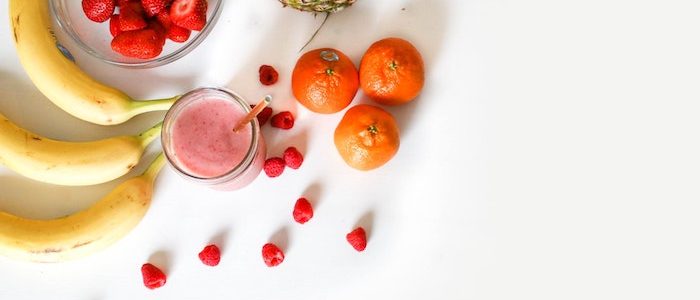Details About The Shelf Life of Our Natural Juice
When speaking to clients, we get a lot of questions about shelf life. We guarantee a maximum shelf life of 4 days, when you follow the FDA recommendations, at or below 41° F (5° C).
We do not recommend re-freezing extra juices that you are unable to consume. Thawing times are approximately: 2-3 hours on counter at room temperature. When kept in the freezer, our juices will last up to 6 months. Once they are thawed, they will last in the refrigerator for 3 days.
[Disclaimer: by “shelf life” we are referring to color and taste and make no claims of health or safety.
Our website terms of use are posted here.]
Using Good Produce
Starting with fresh, clean produce is the most important factor in making sure you are serving juice that will last a few days in a refrigerator. If you use rotting produce or produce that has been cut far in advance, it will have already started to oxidize and will greatly reduce shelf life. Make sure you are buying produce from a trusted source, and that you follow health department regulations about cleaning the produce.
Temperature Abuse
You must keep the entire juicing process cold. The FDA recommends at or below 41° F (5° C). If you have a refrigerated kitchen that is ideal, but if not, make sure your produce goes from the refrigerator and is made into juice as quickly as possible, and placed back into the refrigerator. You can also use a blast chiller to bring the product down to correct temperature quickly. If you are delivering the cold-pressed juice, you need to keep it at the correct temperature throughout the entire supply chain. Keeping the product cold will improve color, taste, and extend shelf life.
Acidity
Juice with a low PH (high acidity) will generally last longer than juice with high PH. For example, lemon juice (which has a low PH) will have a much longer shelf life than carrot juice. You should generally try adding acidic juice to your recipes when possible to improve the shelf life. Have you ever wondered why so many cold-press recipes contain lemon? Now you know! Here is a list of various fruits and veggies and their acidity: http://www.pickyourown.org/ph_of_foods.htm.
The Equipment
We use a masticating juicer. A masticating juicer works with a single gear or auger. An auger is a drilling device, or drill bit, that usually includes a rotating helical screw blade called a “flighting” to act as a screw conveyor to remove the drilled out material, or in this case, pulp. The remaining juice is collected and strained through wire mesh and collected. As the auger turns, the inserted fruits and produce is crushed, squeezed against the outside wall of the juicer. The filter, screen or wire mesh which lines the side of the wall holds the pulp while the remaining juices are forced out. Since this process is done slowly, the juice extract is not heated up. Nutrients and enzymes at this lower temperature are able to survive and kept intact within the juice.
Ok, so what is the shelf life of cold-pressed juice?
Following all of the above guidelines, you should probably be able to get 3-5 days of shelf life from your raw juice, but it can be as low as zero days if any of the above guidelines aren’t followed or other factors cause the juice to go bad.

